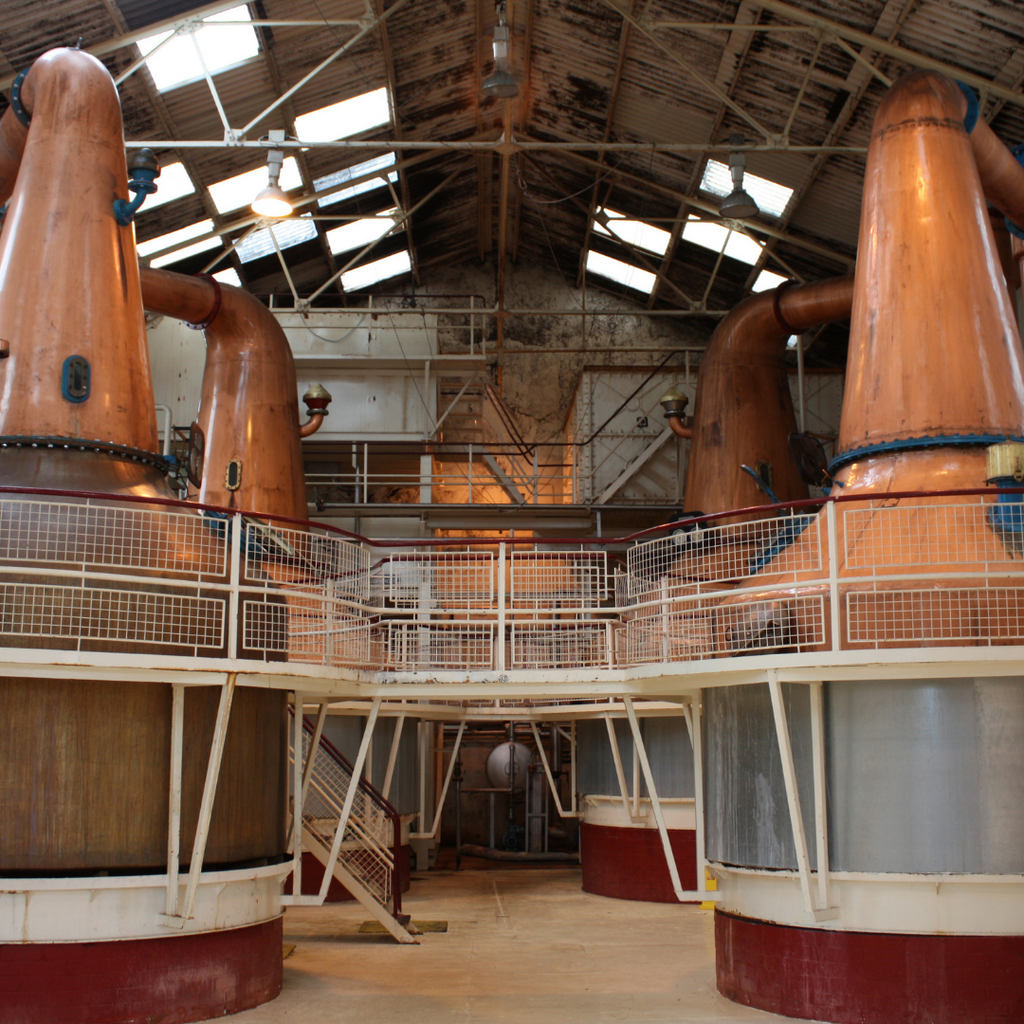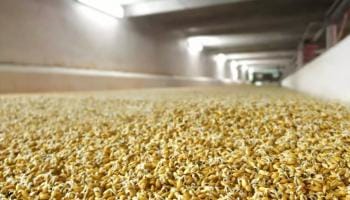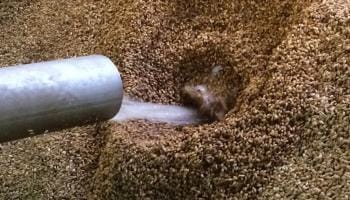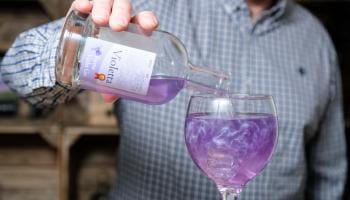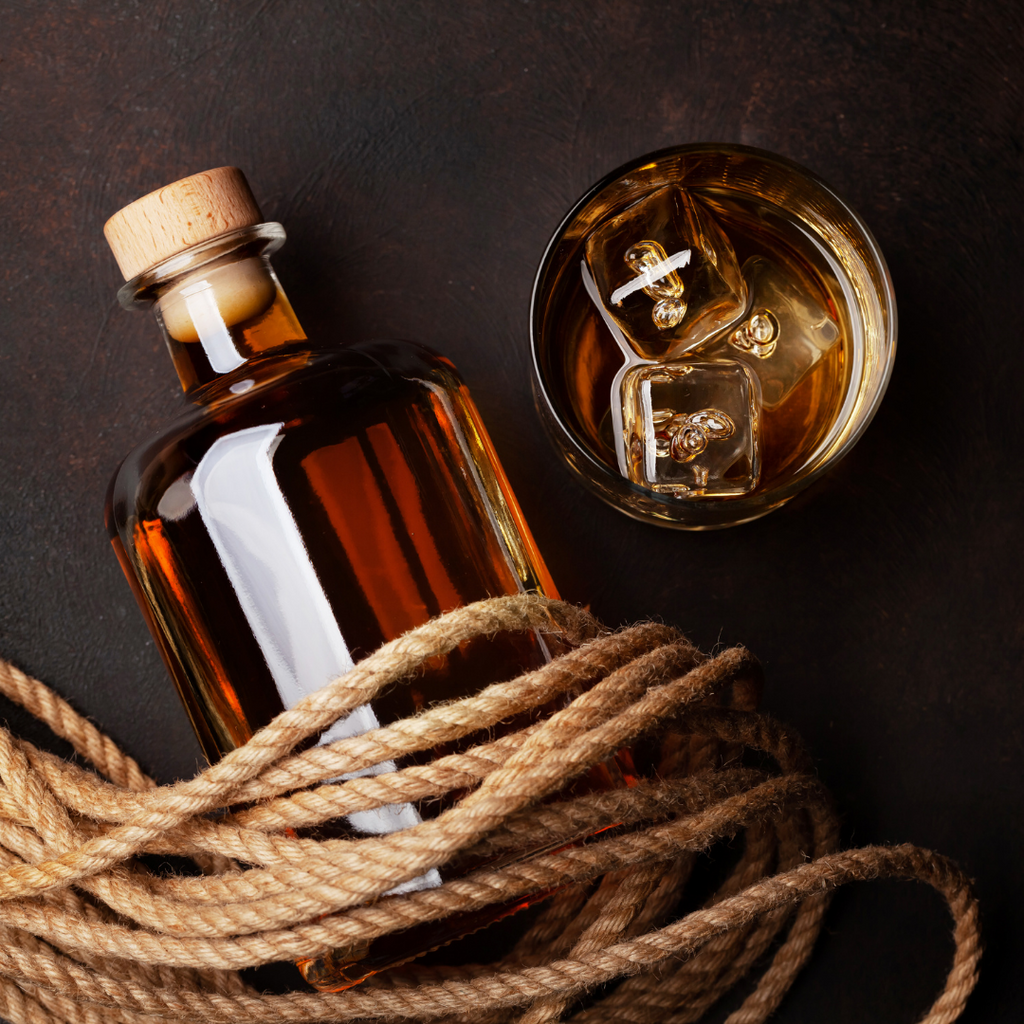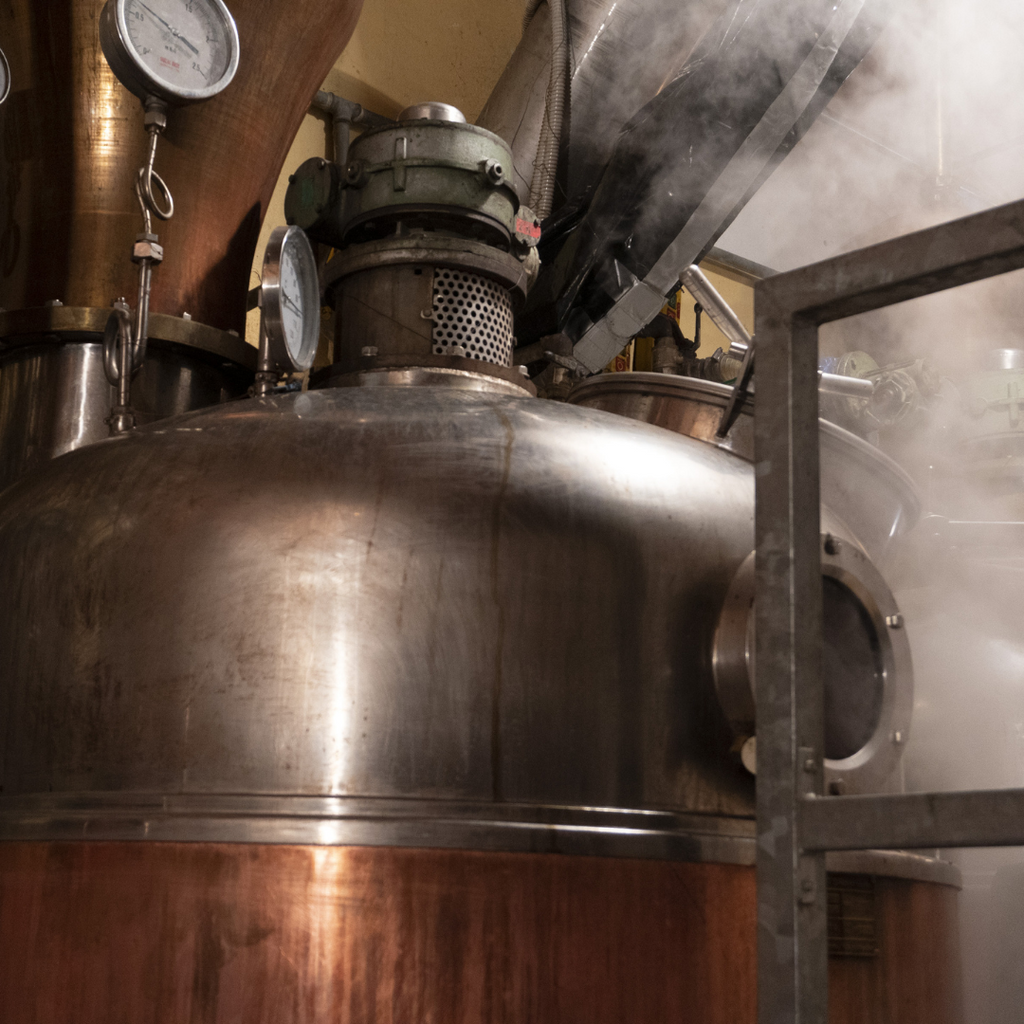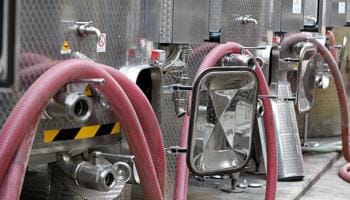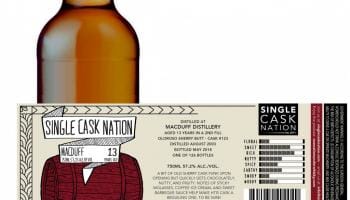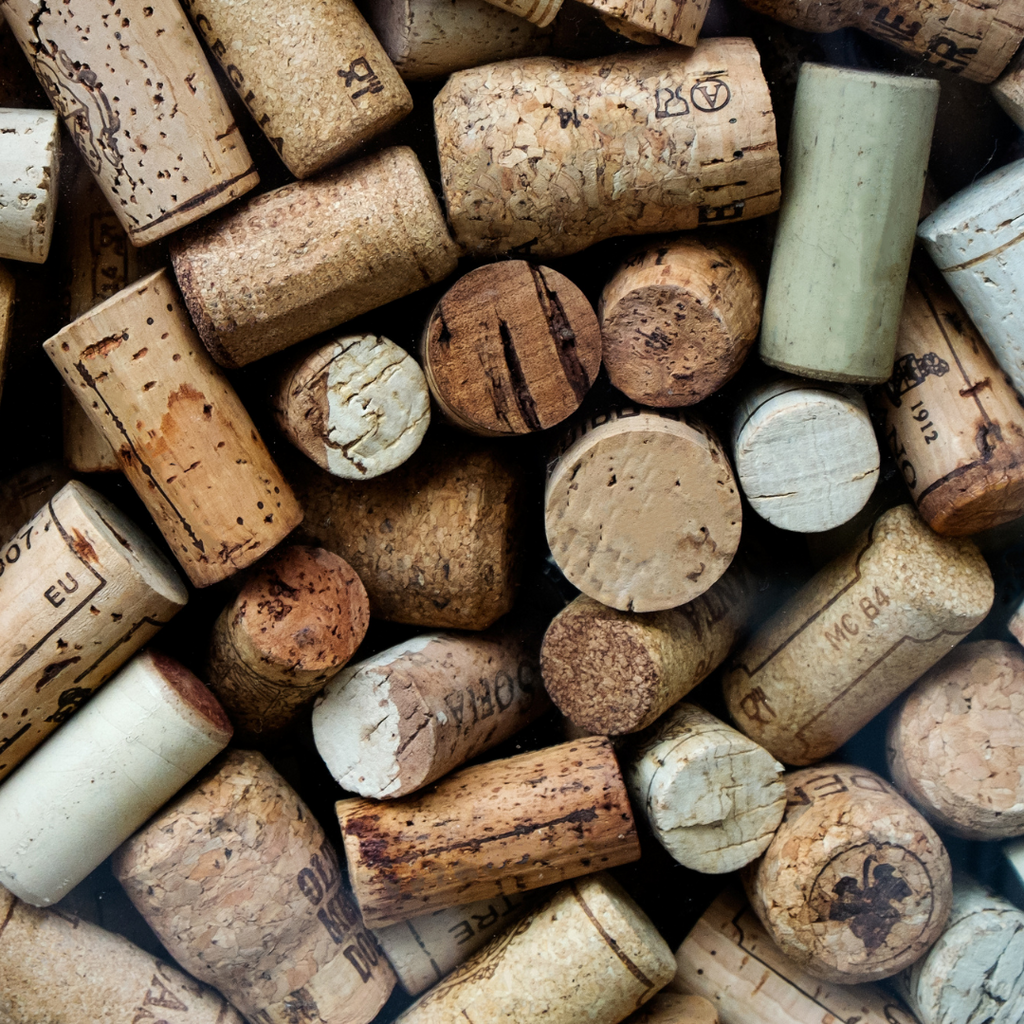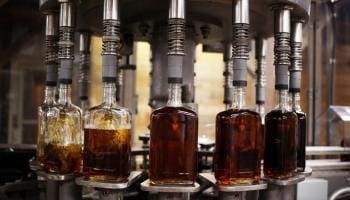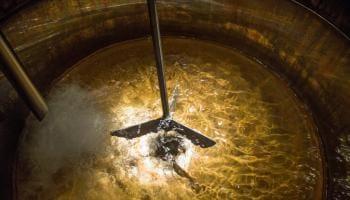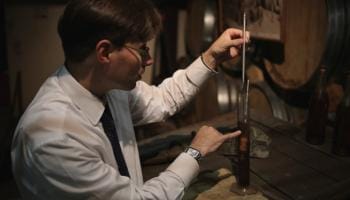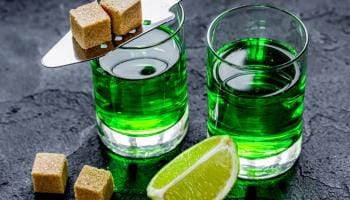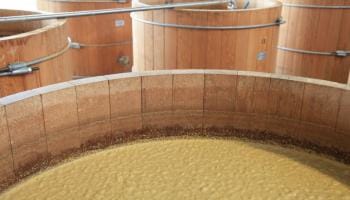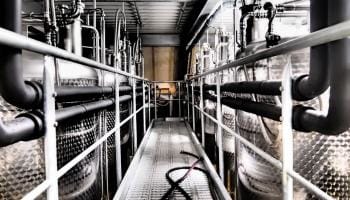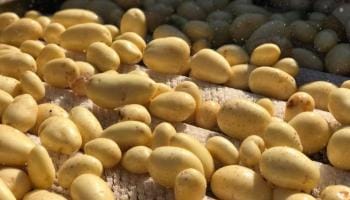Categories
Recent Articles
-
From Waste to Taste: Repurposing used Gin Botanicals February 26, 2024
-
Decoding Millennial Alcohol Consumption Trends January 25, 2024
-
The History of South African Brandy October 30, 2023

Articles Relating to Commercial Distilling by Distillique
Everything you have ever wanted to know about Commercial Distillation - Legislation, Licensing, Distillery Design, Distillery Operations, Record Keeping, Marketing and much more.
How do I Commercially Distill in South Africa?
This is the question we will try to answer through our articles in this section.
The quickest way to get that answer of course is to attend our B1 - Craft Distilling Business Course, but through these articles we will try and answer the most common questions we receive.
In the B1 - Craft Distilling Business Course however, we discuss the applicable Legislation (both governing Licensing and Operations, as well as the actual Spirit Products produced). We look at the Licensing and Product Approval Process, SARS Registrations, the roles of the Provincial Liquor Board, Department of Agriculture (DAFF), the National Liquor Authority (NLA), and of course the South African Revenue Service (SARS).
We look at Distillery Layouts and Designs, the Technical Equipment needed, Case Studies of Distilleries we have already set up, Financial Feasibility Studies, Full 3, 5 and 8 year Cash Flow Analysis, as well as a complete Business Plan Template.
Can I make money with a Commercial Craft Distillery?
An important question to be sure, and not one people like to admit to asking themselves. Yes, Craft Distilling and Craft Spirits is (or should be) about the Craft, the Art, the Passion, the Dream. But Dreams don't put a roof over my head or food on my table. There is no point pursuing something which is not going to be profitable. So we will explore aspects like supply, marketing techniques, profitability indicators, diversified and peripheral income streams, Phased or Staged Operational Expansion, Focused Product Development and Marketing Techniques, and much more.
There is NO upside for us as a company to sell equipment to Crafters who fail. It is in our absolute interest to ensure the success of each of our clients, as there success helps us to grow, so we need to make sure that you know what you are letting yourself in for if you choose to join this industry.
-
From Waste to Taste: Repurposing used Gin Botanicals
onTraditionally discarded as unusable byproduct, botanical waste holds untapped potential as a flavourful culinary ingredient. Read more to learn how to make Gin spice -
Decoding Millennial Alcohol Consumption Trends
onThe alcohol industry is changing, and at the helm of this transformation are the Millennials. With their future purchasing power, Millennials aren't just consumers; they're trendsetters shaping the global and local liquor scene. -
The History of South African Brandy
onIn 1672 an assistant cook aboard the Dutch ship ‘de Pijl’ anchored at Table Bay discovered the potential of local grapes and transformed 1164 Liters of Cape wine into 126 Liters of “brandewijn”, referred to as “burned wine” which later became known as “brandy”. -
Essential Steps to Follow When Opening a Craft Distillery: An Overview
onEmbarking on the journey of starting a craft distillery is an exciting yet challenging venture that demands a great deal of preparation and planning. The process involves a series of crucial steps that must be followed to turn your dream into a reality. To help you get started, we have outlined the essential steps that will guide you through the process of opening a... -
Want to Import Distilling Equipment? Do your Homework!
onIf you would like to import distillation equipment yourself, please make sure you do your homework well! Is it Cheaper to Import a Still myself? A client recently claimed that: "I can import it myself at much less than what you're selling it!". Off-course this was a big concern for us and we did some investigation. The claim presented seemed to be factually correct ...or... -
Barley, Malting and Malt – Part 4 of 4: Attributes of Malted Barley
onDuring COVID-19 Lockdown, several basic Home Distilling (and Brewing) supplies – equipment and consumables - have been difficult to get hold of. Yeast, Nutrients, Enzymes and even Bubbler, SG Hydrometers and Alcoholmeters. One of the most problematic however, was Malted Barley. Not just because stocks and supplies had run out, but because the plants producing it was shut down.... -
Barley, Malting and Malt – Part 3 of 4: The Barley Malting Process – Kilning
onDuring COVID-19 Lockdown, several basic Home Distilling (and Brewing) supplies – equipment and consumables - have been difficult to get hold of. Yeast, Nutrients, Enzymes and even Bubbler, SG Hydrometers and Alcoholmeters. One of the most problematic however, was Malted Barley. Not just because stocks and supplies had run out, but because the plants producing it was shut down. Even... -
Barley, Malting and Malt – Part 1 of 4: Barley for Malting
onDuring COVID-19 Lockdown, several basic Home Distilling (and Brewing) supplies – equipment and consumables - have been difficult to get hold of. Yeast, Nutrients, Enzymes and even Bubbler, SG Hydrometers and Alcoholmeters. One of the most problematic however, was Malted Barley. Not just because stocks and supplies had run out, but because the plants producing it was shut down. Even under Level 3... -
Barley, Malting and Malt – Part 2 of 4: The Barley Malting Process – Steeping
onDuring COVID-19 Lockdown, several basic Home Distilling (and Brewing) supplies – equipment and consumables - have been difficult to get hold of. Yeast, Nutrients, Enzymes and even Bubbler, SG Hydrometers and Alcoholmeters. One of the most problematic however, was Malted Barley. Not just because stocks and supplies had run out, but because the plants producing it was shut down. Even... -
Is Glitter and Colorants Legal in Gin?
onPLEASE NOTE: This article is written in the context of South African Law. Clients from other countries must please review their local legislation. Many times, inspiration for an article comes from questions posed by our Clients. Over the past two days we received three inquiries that were closely related, hence this article. The most recent inquiry, received via Email this... -
The Components of a True Rum
onPLEASE NOTE: This article is aimed more at Commercial Distillers than Home Distillers. If your curiosity about spirits and the search for recipes and techniques begins and ends with adding yeast to diluted molasses and then letting it sit in a Barrel for a couple of weeks, months and years (depending on the barrel size) then you should probably stop reading right here. ... -
Dilution before Re-Distillation
onAnyone who has ever done a double or even triple distillation of spirits will know that every time you run the spirits through the still it gets "stronger" - the purity increases, the ABV% percentage rises. Whatever expression your prefer. Most Distillers (especially those that did their training with us) would also be aware (based on the Ethanol - Water Phase Diagram) that the... -
Different ways in which Still Shape Impacts Spirit Quality
onBoth the shape and size of a still has a significant effect on the character of the spirit being produced – and it has a lot to do with copper. In a previous article we explored the use of Copper in stills, specifically comparing it to the use of Stainless Steel, the removal of Sulphur Compounds, and whether or not the use... -
Choosing Suitable Fermentation Vessels
onAs with many thing in the Home and Craft Distilling Arena's, people make choices regarding their fermentation vessels based on training, education, experience, advice, habit, tradition and budget. As a result, many different containers and vessels are used - especially at the Home Distilling Level, for fermentations. Just some of these vessels are: Food grade buckets (25 litre capacity) Glass carboys ... -
Health Warnings on Spirit Labels
onIf you know what you are looking for, it can be quite scary when walking through a Liquor Store Aisle and seeing all the illegal products on the shelves - products that can be deemed illegal just by mistakes on the labels. Now many of these products are blatantly illegal - and the price is already a give-away (selling below Excise Tax for... -
A Little Known Fact - Corked Spirits
onWhile people know that corkiness exists in wine, many think it’s not possible for the same fault to occur in Spirits. Admittedly, the incidence of cork tainted spirits is lower than wine – possibly because spirits’ higher alcoholic strength and aromatic intensity make it more difficult to pick up. But it does happen and manifests itself in the same way – a smell of... -
Bottles and Bottling - What do I need to keep in mind?
onFinding the right way to bottle your product is as important as finding the right way to make your product. Many Craft Distillers make some avoidable mistakes in their initial setup, that can lead to them having to change their packaging, capping their growth potential, or spending a lot more on bottling and packaging than they should. A couple of factors need... -
How to fix a Mechanical Seal on a Boiler Agitator
onAt first glance, the mechanical seals on bigger boilers with agitators may seem ""over complicated"". Once you understand them, it however, makes perfect sense. Lets start with an explanation on how the mechanical seal works. The seal consists of two main parts: A locking collar and a rotating seal holder. The shaft from the electric motor connects through the centre... -
Can the use of Copper Stills cause Cancer?
onRecently an Article has been spread around through various Online Forums and Social Media pages, calling into question the use of Copper in Stills. The basis of this article is that during distillation Copper catalyses substances found in the fermentation into a compound called Ethyl Carbamate, and that this compound is Carcinogenic, and we should therefore not be using Copper Stills or Copper... -
Andy Watts from James Sedgwick Distillery on Whiskey Aging
onThis is an extract from an interview with Andy Watts from the James Sedgwick distillery who, again in 2018, was selected as producig the world's best grain whisky at the World best whiskies award. Leah van Deventer from Food24 interviewed Andy Watts, the Master Distiller and Blender at Bains Distillery. The full Interview is available at this link. Age vs Quality Q: How important... -
How do I Dilute my Spirits?
onThis is one of the most basic steps for any distiller, be it a Home Distiller, Hobby Distiller, Craft Distiller or Commercial Distiller. Your distillate (or infused product if producing Gin) will come out at a high percentage, and you need to dilute it down to bottling or legal strength. We do this by adding water. Sounds simple right? If only … How strong... -
American Whisky in South Africa - Legal or not?
onAs the Craft Spirit Market grows, and South African consumers are being exposed to more new and interesting products and brands - the opportunities for exports to South Africa from foreign Spirit Manufacturers have grown. We have seen this with imported Gins, obviously, and more recently a great number of imported Rums, but what has gone a little unnoticed is the large influx of... -
Chasing the Green Fairy - Absinthe Facts and Fiction
onAbsinthe (The green fairy spirits) has shown a remarkable revival the last 20 years after having been banned in most of Europe for almost a hundred years. Although there were no legal definitions for Absinthe (except for Switzerland), until its inclusion into EU Liquor Legislation, there are very good guidelines on what makes a good, and what makes an inferior absinthe. Also, not a... -
As a Craft Distillery, how do I work with the Department of Agriculture?
onThe Department of Agriculture’s Liquor Division is probably them most unappreciated and undervalued group of Government Employees in the country. Yes, a lot of people have bad things to say about them, and they get blamed for not allowing us as Crafters to do what we want, and to innovate and to be daring, but they have a thankless job. They are entrusted to... -
What do I need to Register for with SARS as a Craft Distillery?
onSARS, or the South African Revenue Service, is currently the biggest challenge that faces Craft Distillers and Entrepreneurs in South Africa. There are various reasons why this is the case. Most people will point fingers and blame ineptness, laziness, corruption, etc. In my personal capacity however, I do not think that it is fair to paint all SARS employees with the same brush. There... -
How do I get a License for a Craft Distillery in South Africa?
onGetting a License for a Craft Distillery in South Africa is not easy, it is not fun, and it is not quick … but it can be done. The aim of this article is to give you an indication of the steps that need to be followed, the different organizations you will be dealing with, and everything else you need to do... -
What Size and Type of Equipment do I need for a Craft Distillery?
onSelecting the right equipment for your Commercial Craft Distillery can be quite a task. We often get asked to provide a "standard Craft Distillery" quote, but the fact to the matter is that there is no such thing. What do I need to know to Design a Craft Distillery? Our standard response to any Quote request is the following 6... -
Innovating with Whisky in South Africa
onIn a previous Article we looked at Whisky Legislation in South Africa, specifically the challenges it poses, and the restrictions we face. A question I often get from our Clients and Trainees is: “Within the laws and regulations, can I innovate with Whisky in South Africa, and how do I do that.” The answer to this question is YES you can, and in several... -
The Challenge of Craft Whisky in South Africa
onCraft Gin has taken the world by storm, with literally hundreds of new brands, spirit producers and distillers flooding the markets of Europe, Africa, the Far East and Australasia. But this “craze” is nowhere near as big in the United States. Yes, there are Craft Gins produced and consumed in the USA, and yes there are some big brands coming out from those Northern... -
Tips for Crafters to Grow Distribution in Pubs and Bars
onLooking at the premium Spirit Category where Craft operates, over the past couple of years, even if we account for inflation and excise tax increases, Spirits revenue grew considerably, and is forecast to continue to grow annually. This refers to revenue. Volume on the other hands remains, at best static. In times past the premium spirits market was dominated by a... -
Factors to Consider to Increase the Perceived Value of your Product
onIn an ideal world, our products will speak for themselves, value would be determined by quality and taste alone, and customers would pay accordingly. In an ideal world … But the world is not ideal, or fair, and we are faced with this little thing called Marketing and Hype that plays a role in determining the price of our products – or at least... -
Micro Liquor Manufacturing Licenses - What to watch out for
onFor some time now the whole South African Liquor License Industry has been chaotic. What issues have Distillers experienced with Liquor License Applications? If it’s not a question of waiting for inspectors (up to 7 months), then you have to deal with inspectors that don’t know what they are doing, or people blatantly holding you for ransom for bribes, or inspectors that have no... -
Closed Cooling Systems and their Challenges
onMore and more we receive inquiries regarding Closed Cooling Systems. This refers to a closed loop for the water used during cooling to minimize water use. The reasons for these requests and wish to minimize water use are varied, but can be for economic reasons (to save money), for ecological reasons (environmental awareness) or practical reasons (a local water shortage). Before we discuss the... -
What makes one Distillery stand out from Another?
onNote: The following is clearly a question of personal taste, but it is based on research conducted by students in Tourism Management who are focusing specifically on Spirits Tourism (and more particularly Spirit Tourism). What is Spirit Tourism? The definition of Spirit Tourism (in this discussion) refers to the visit of Spirit-related attractions which can be museums, distilleries or spirit events. In general, if the... -
Turning Waste Potatoes into Profit
onDistillique regularly receives inquiries from individuals that want to explore the feasibility of different raw materials for use in producing spirits – mostly because they have easy or cheap access to those raw materials. This is specifically true for farmers, as fruit and vegetables that do not conform to market standards may still be successfully used for fermentation purposes to make spirits. One example... -
The Benefits and Drawbacks of Custom Bottles
onCustom bottles can provide a unique look and provide large brand benefits, but Craft Distillers must evaluate the pros and cons. Everyone knows that your branding and packaging has to work hard on a retail or bar shelf in order to attract consumer attention. Custom bottles are a powerful way to achieve this end, especially when finished with complimenting packaging components like boxes, ribbons,... -
Distillery Waste Management Plan Template
onNote: Due to the limited knowledge of most officials (outside the Western Cape) involved in the granting of Micro Liquor Manufacturing Licenses, we tried to keep the wording of the template below as simple as possible. Distilling terms such as ""stillage"" has deliberately been omitted - simply because not all officials are familiar with them. Micro Liquor Manufacturing Facility for Spirits - Waste Management... -
Extra Neutral Alcohol: The Key Ingredient in Production of Alcoholic Beverages
onAuthor: Swati Tamhankar (Published with permission by Distillique) William Faulkner once said, “Civilization begins with distillation”. Today’s civilization sounds that. Known by several names such as neutral spirits, rectified alcohol, and rectified spirit, the extra neutral alcohol is prepared to form grain, sugarcane, corn, sugar beets, and other food materials. It is majorly used in the production of alcoholic beverages including vodka, gin, whiskey,...




